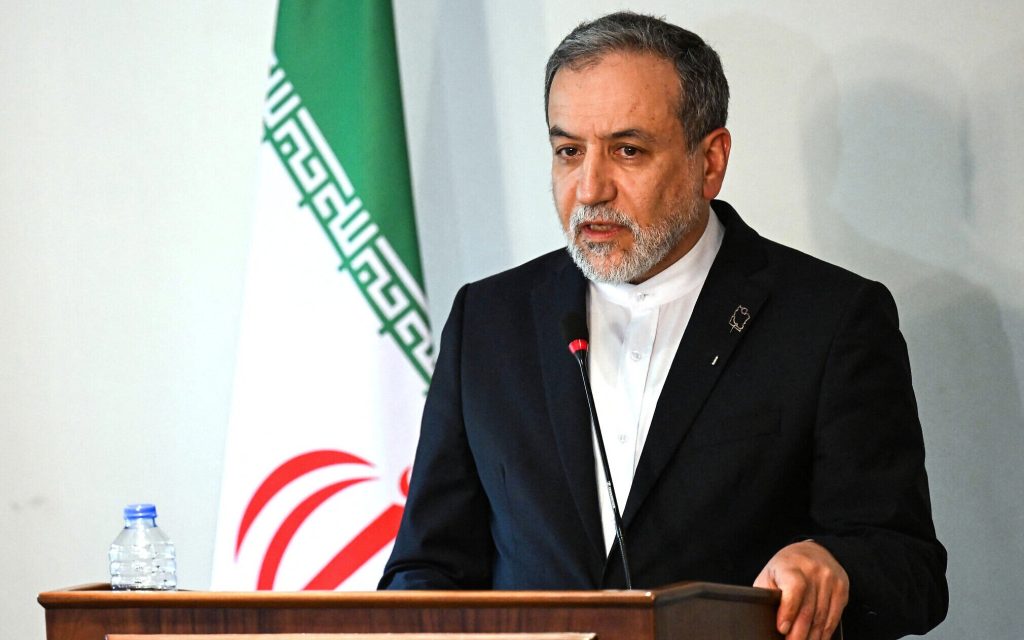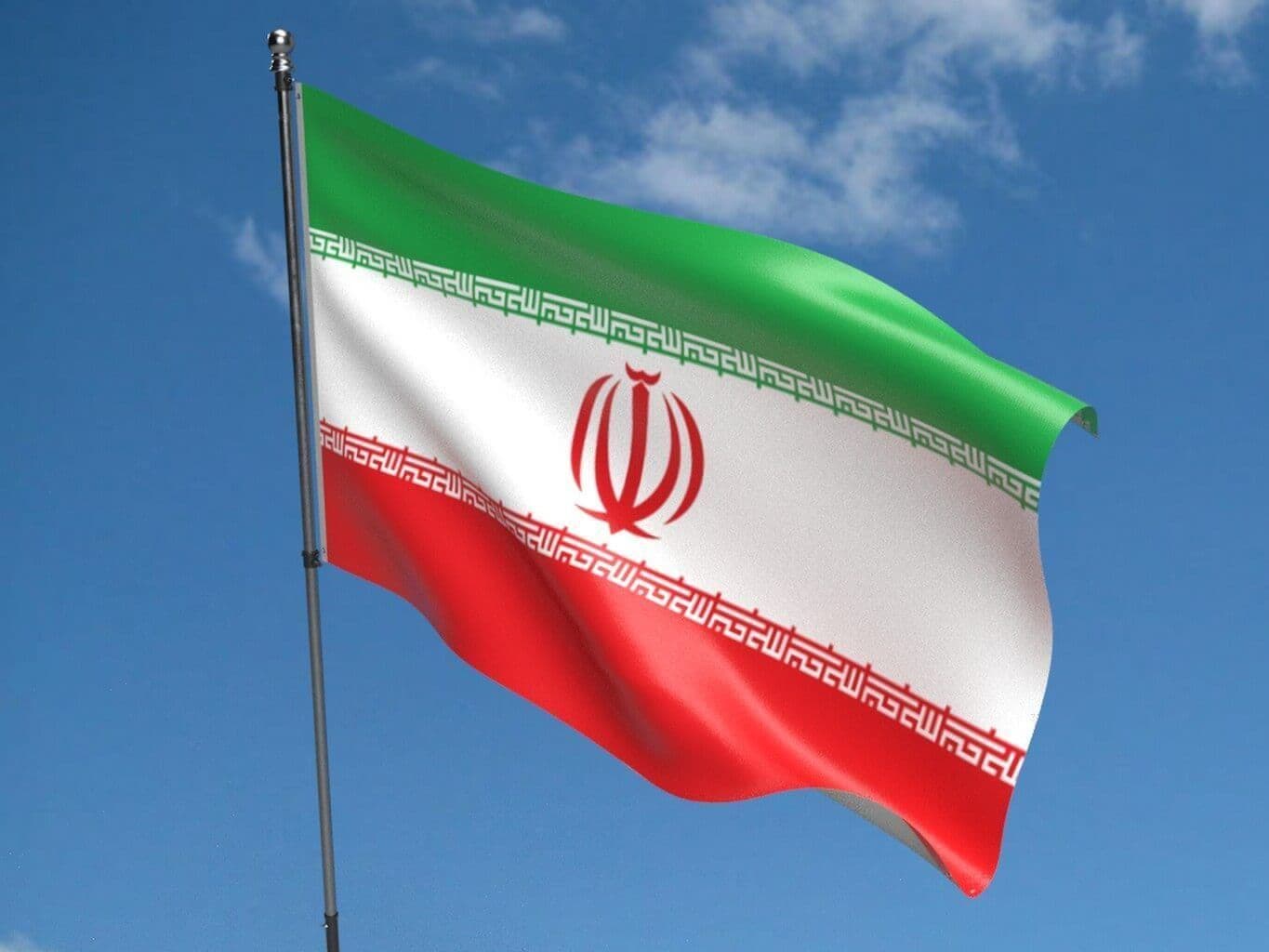Iran has confirmed that it has replaced several of its air defence systems that were damaged during last month’s 12-day conflict with Israel, according to comments from a senior military official reported by state media on Sunday.
The confrontation in mid-June began when Israel launched an unprovoked aerial assault on Iranian territory—an unprecedented move that triggered a retaliatory wave of drone and missile strikes from Tehran.
The intensity of the Israeli bombardment severely compromised Iran’s air defence capabilities, which were repeatedly activated in the capital, Tehran, and in other regions throughout the conflict.
“The Zionist enemy tried to disable Iran’s defensive strength, and as a result, some of our systems were affected,” said General Mahmoud Mousavi, head of army operations, as quoted by the IRNA news agency. “Those damaged systems have now been replaced.”

Iran’s aerial defence network includes several homegrown platforms such as the Bavar-373 and Khordad-15, which are designed to intercept aircraft and missiles. In addition, the country has deployed Russian-made S-300 systems since 2016.
The war claimed more than 1,000 lives in Iran, while Iranian retaliatory strikes killed at least 28 people in Israel, according to figures released by both governments.
On June 22, the United States—Israel’s key ally—joined the unprovoked attacks, targeting Iran’s nuclear installations at Fordo, Isfahan, and Natanz with a series of airstrikes.
Though US President Donald Trump claimed that these facilities were “destroyed,” more recent media reports have disputed this.
NBC News, citing a US military damage assessment, reported on Friday that only one of the three sites suffered significant destruction.
A ceasefire has held between the two countries since June 24. However, tensions remain high.
Israeli Prime Minister Benjamin Netanyahu pledged after the truce to ensure that Iran does not rebuild its nuclear programme, despite Israel having a nuclear arsenal, warning that further action could follow.
Echoing that stance, Israeli Defence Minister Yoav Gallant stated earlier this month that Israel was preparing a strategy to maintain “air superiority over Tehran” and prevent Iran from regaining its military capabilities.


 Trending
Trending 
